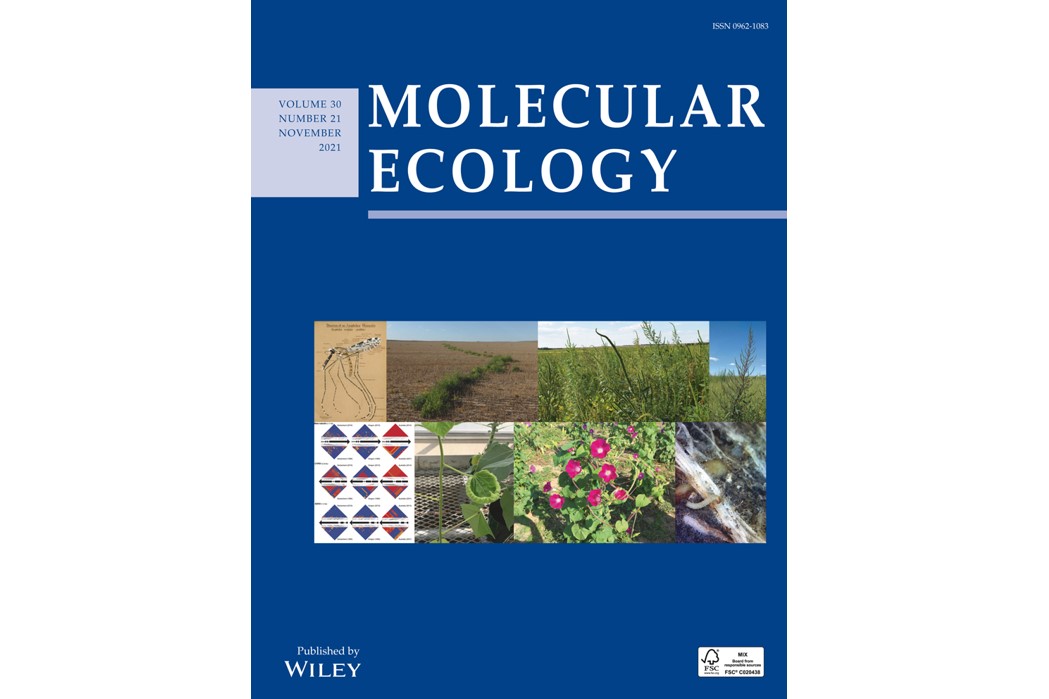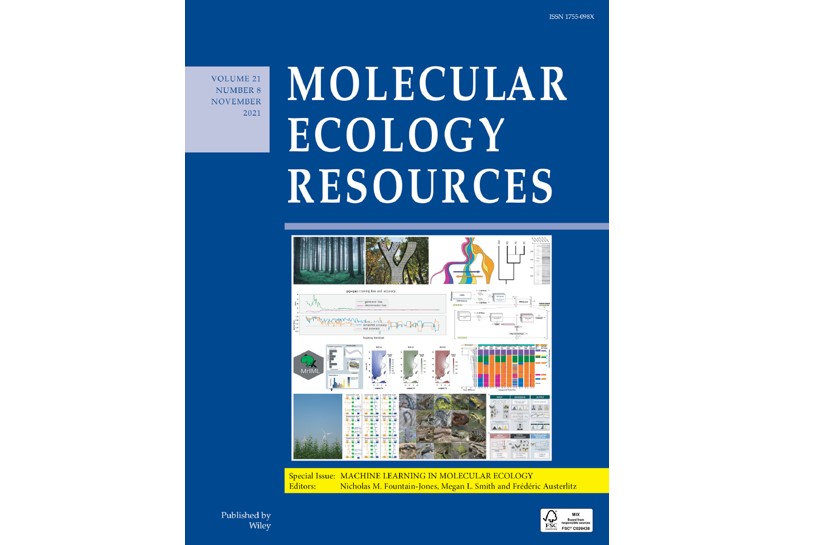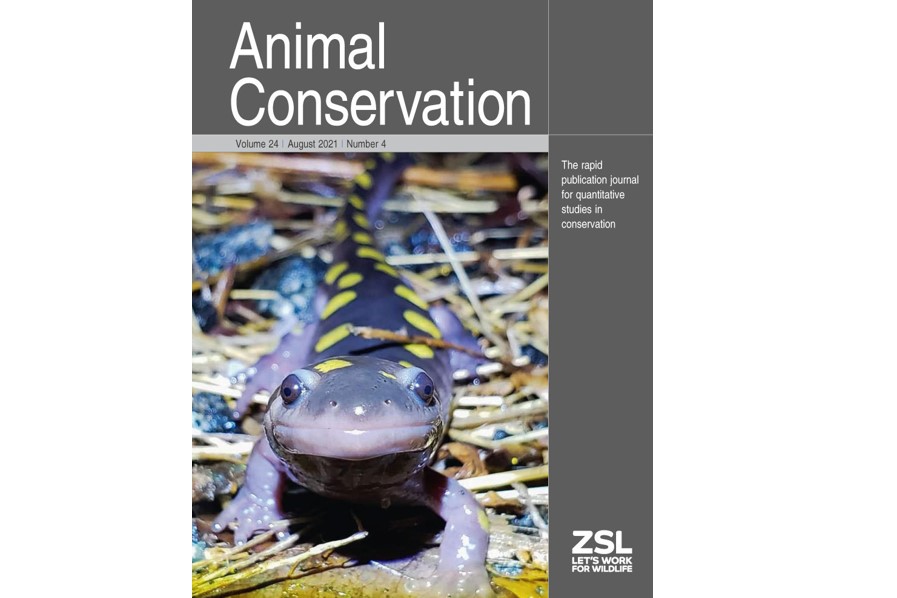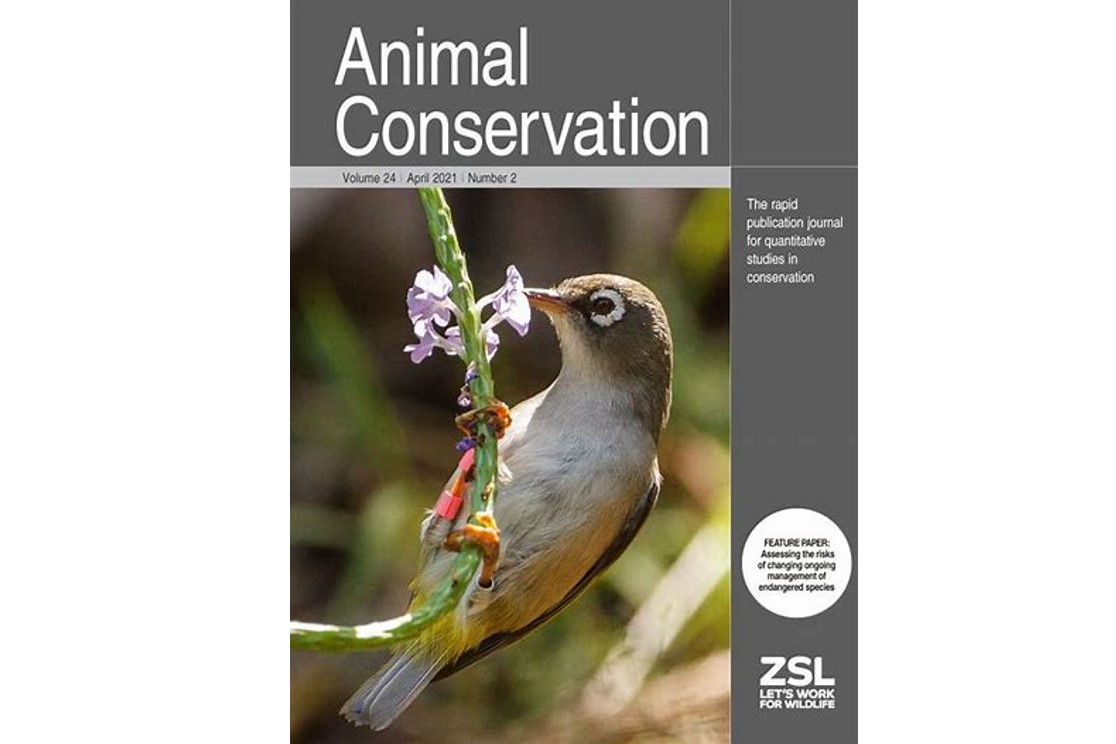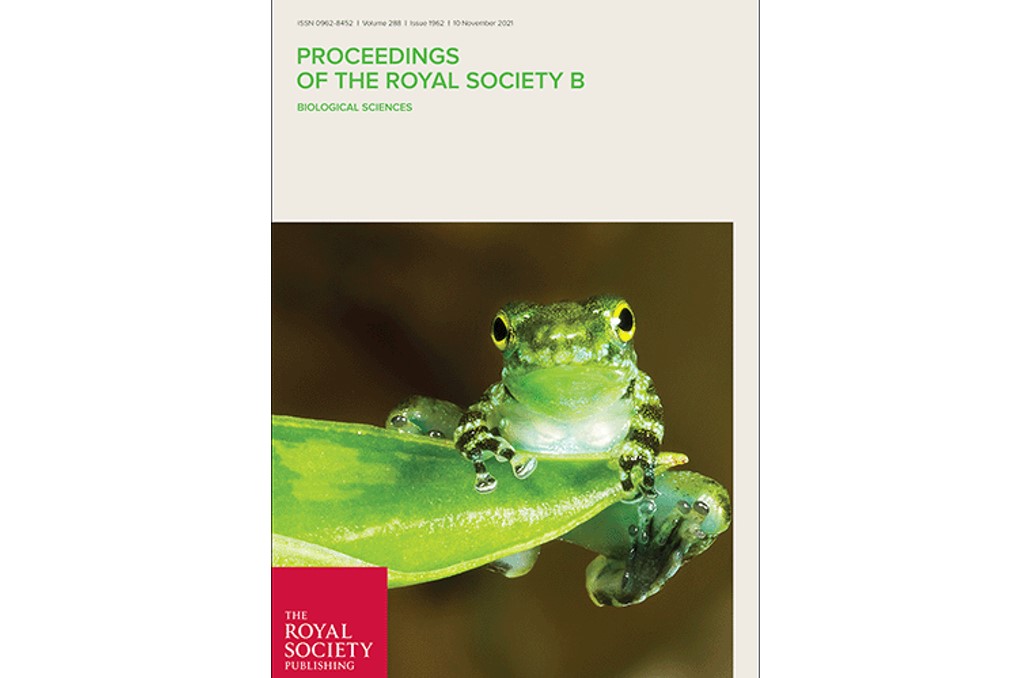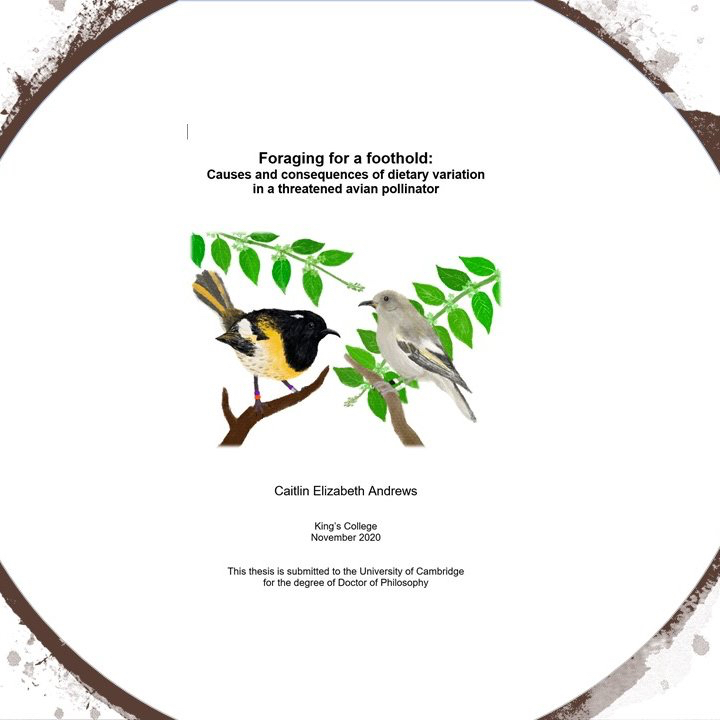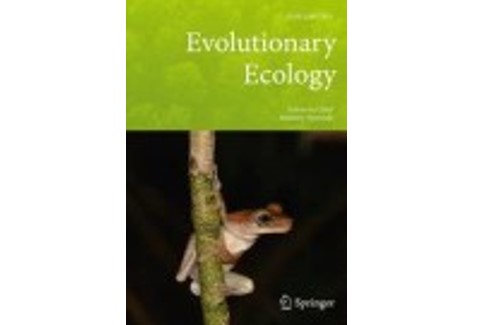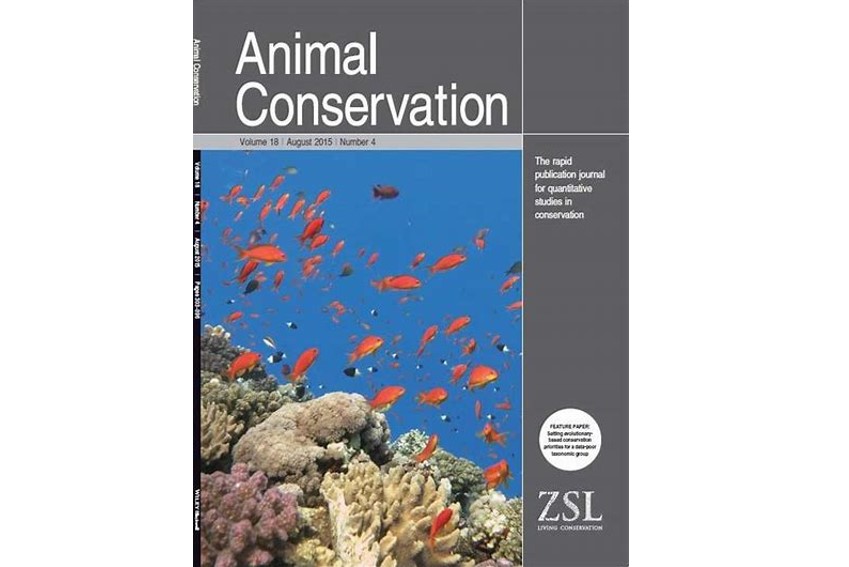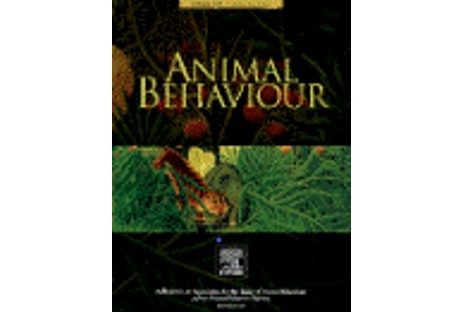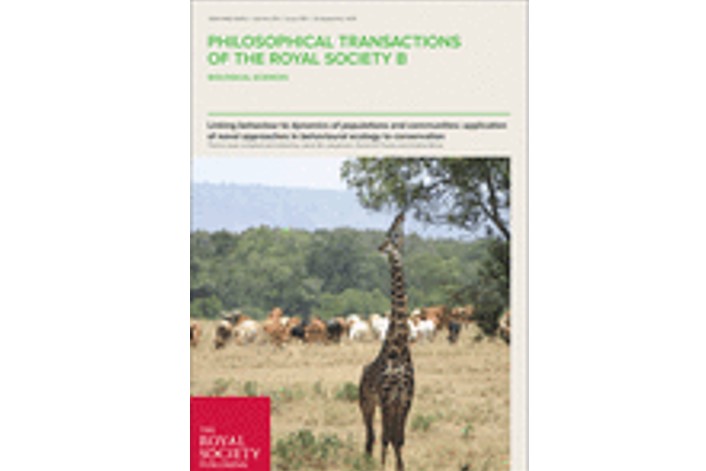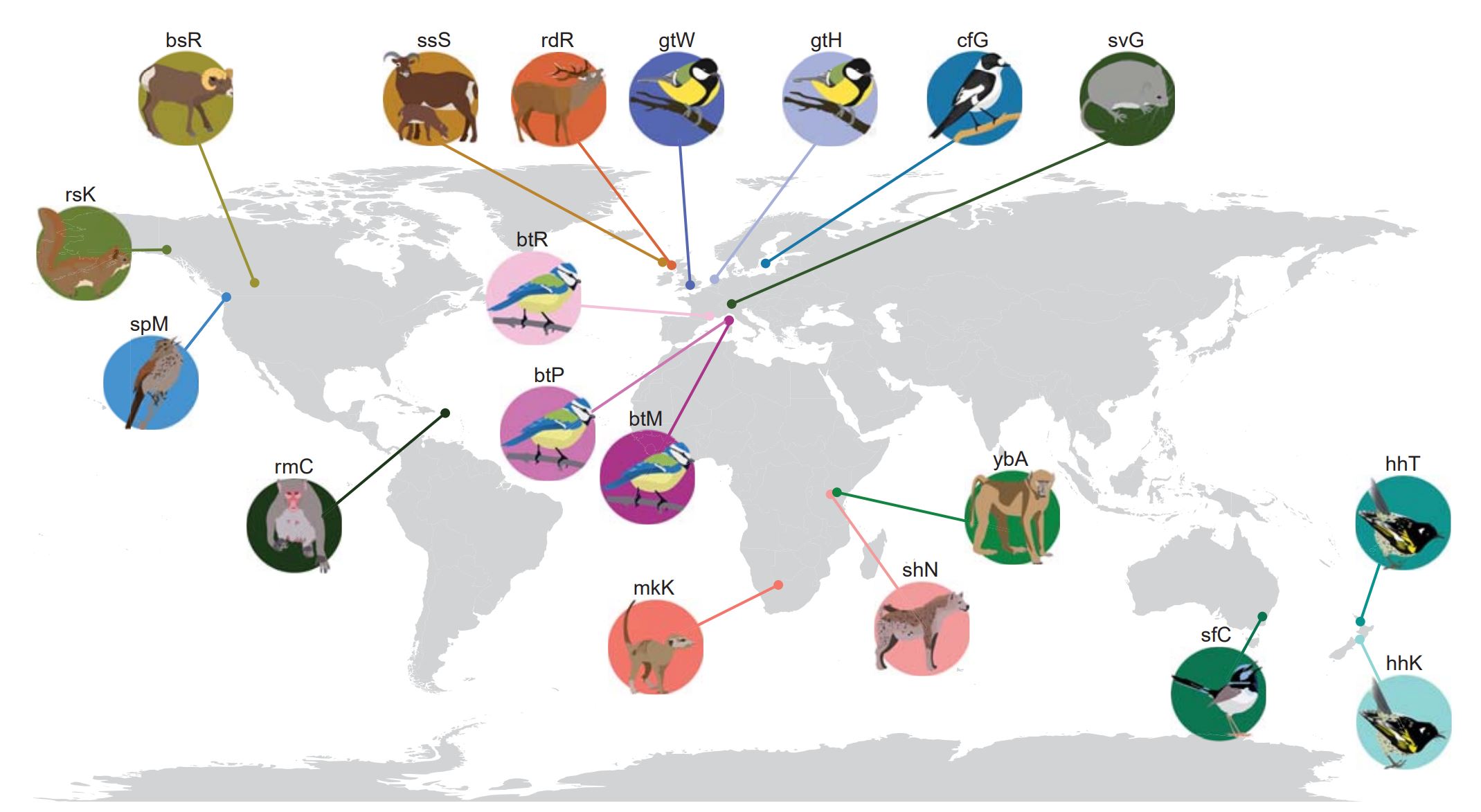
Published in: Science Authors: Bonnet et al (there are 40!) Abstract: The rate of adaptive evolution, the contribution of selection to genetic changes that increase mean fitness, is determined by the additive genetic variance in individual relative fitness. To date, there are few robust estimates of this parameter for natural populations, and it is therefore […]
